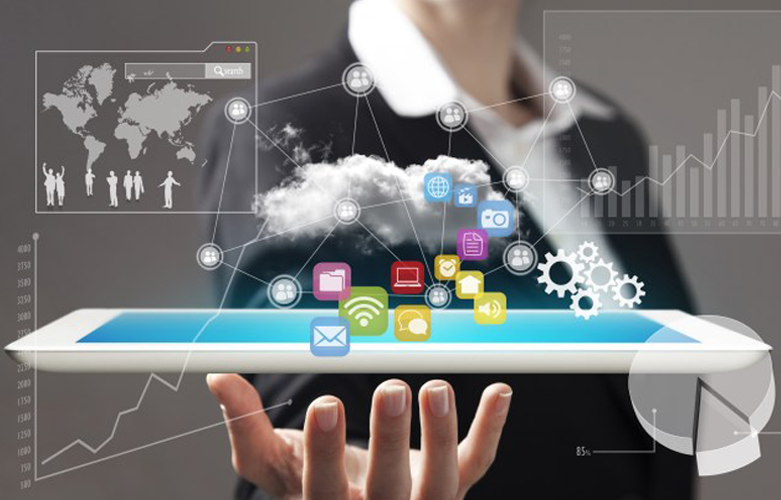Mobile devices will account for 75% of global internet use in 2017, according to Zenith report. As businesses trend towards “consumerization of HR”, where the objective is to enhance employee engagement, one of the ways they can put this into practice is by introduction of mobile technology solutions.
Think of the employee life cycle i.e. talent acquisition, performance management and development, compensation and promotion, benefits and how each stage should be reviewed and assessed by HR leaders. Mobile tools will provide for readily accessible information to employees and enhance self-service. Implementing mobile technology to your business show a shift in HR from the traditional tactical unit to a more strategic partner.
Mobile tools with user-experience design in mind will do well. ADP has a mobile solution that allows employees to view their payroll statement, request PTO, and edit their timesheet. Managers are able to view their team’s requests for time off, approve timesheet, and access their employee’s profiles. By featuring mobile technology to their work-life, managers and employees have an increased accountability in how information is used and accessed.
Recruiting nowadays are done through social medial platforms like LinkedIn and Facebook; mostly viewed through their mobile sites. Benefits providers have mobile apps that allow users to access their health plan document, find a doctor, and view test results on their smartphones. Heal app even enables users to request a physician for an in-house visit.
As Meghan M. Biro summarizes, “mobile apps are beneficial across the board: They bring your business into the 21st century, increase HR accessibility, and allow you to reach a wider audience for recruiting, communication, and marketing”.

